March 2012
House of Stone
26/03/12 18:56
Anthony Shadid, House of Stone: A Memoir of Home, Family, and a Lost Middle East (New York: Houghton Mifflin Harcourt, 2012).
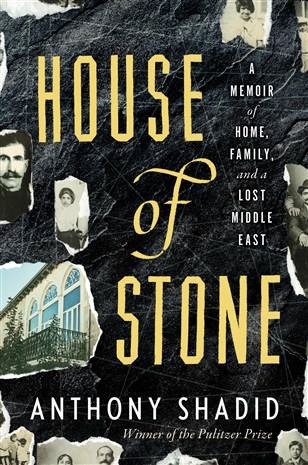
Tow Pulitzers says a lot about the writing ability, integrity and character of Anthony Shadid. He has been a trusted source for information on the Middle East. His accurate reporting and his willingness to take risks to get the story were well established before he took time to write a more personal book about his family history, family home, and how he discovered his roots. The book is a report of the year that he took off to restore a family home in Lebanon. As he reports on his year, he also teaches a great deal about the dynamics of Lebanon and how it fits into the wider puzzle of the Middle East.
The book is a captivating story that helped me understand how a young man from Oklahoma could find himself more at home in Marjayoun, Lebanon than any other place in the world. It is a powerful piece of writing and we are fortunate that the book was completed and that the publisher was able to bring it out so that we could learn more of a man whose life journey is now complete, but whose story will last for generations.
Feed on the Street
25/03/12 14:40
Roy Blount Jr., Feet on the Street: Rambles Around New Orleans (New York: Random House, 2005)
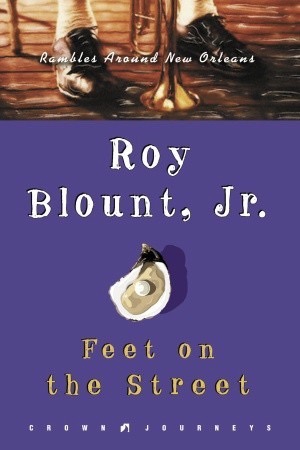
“Betcha I can tell ya / Where ya / Got them shoooes. / Betchadollar, / Betchadollar, / Where ya / Got them shoooes. / Got your shoes on your feet, / Got your feet on the street, / And the street’s in Noo / Awlins, Loo- / Eez-ee-anna. Where I, for my part, first ate a live oyster and first saw a naked woman with the lights on. . . . Every time I go to New Orleans I am startled by something.”
This is a wonderful exploration of a unique culture - a unique part of our country, and what better guide could we have than Roy Blount, Jr. A southerner, whose accent we know from National Public Radio and other sources.
This is a good, easy, read, suitable for a short trip or a lazy afternoon.
The Dog Says How
25/03/12 14:31
Kevin Kling, The Dog Says How (Minneapolis: Minnesota Historical Society Press, 2007).
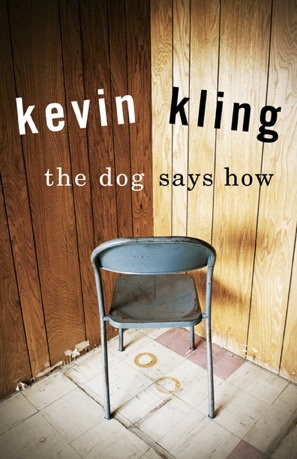
Kling, his father and grandfather as well as a number of uncles, have all been struck by lightening. In Kling’s case, the strike was not disabling. It was another opportunity for which to be grateful. He writes, “From what I can tell, Hephaestus, the disabled god, was the only god that actually held down a job. It think that’s why Aphrodite, the most beautiful goddess of all, married him. He had a job.”
This collection of delightful essays challenges every reader to look at life in a new and refreshing way. Perhaps that is Kling’s greatest gift: the ability to inspire us to look through fresh eyes at the lives we live. This book is more than a “must read.” It is a “must read several times.” It is an antidote for self-centeredness.
Alphabet Juice
23/03/12 18:51
Roy Blount Jr., Alphabet Juice (New York: Sarah Crichton Books, 2008).
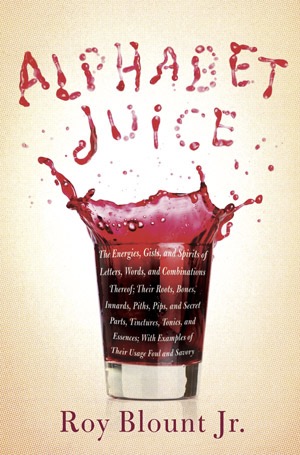
This isn’t a dictionary, but I’m sure I’ll be coming back to the words again and again. I am amazed that he could write a book that reads in alphabetical order. This book is a delight to read and a delight to own.
The Moral Imagination
19/03/12 15:09
John Paul Lederach, The Moral Imagination: The Art and Soul of Building Peace (New York: Oxford, 2005).
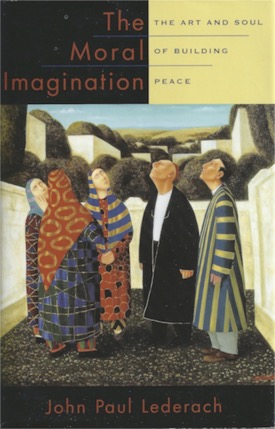
John Paul Lederach is clearly one of the world’s great experts in conciliation and mediation. His 1977 book, Building Peace, is clearly one of the most important books on building peace ever written. In this book, he invites us to understand the building peace is accomplished by following a roadmap or preset plan, but rather by practicing the art of listening and discovering the music of shared experience and value.
This is a must-read for our generation. We have lost our ability to imagine peace. We think of the world as a place of perpetual violence. Our moral imagination needs to be inspired. Lederach provides what is needed to inspire us.